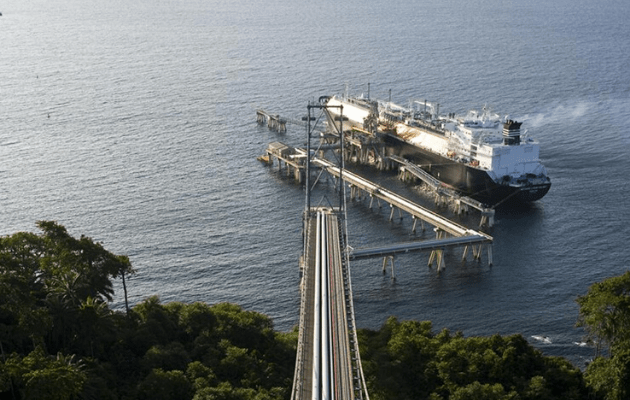Nigeria is forging ahead with a transformative regional energy initiative through the development of the Nigeria–Equatorial Guinea Gas Pipeline, a strategic project aimed at transporting stranded Nigerian gas to Equatorial Guinea for processing and export. The pipeline will connect Nigeria’s abundant gas reserves to Equatorial Guinea’s Punta Europa complex, which houses facilities for liquefied natural gas (LNG), methanol, and liquefied petroleum gas (LPG). This move is part of Nigeria’s broader effort to monetize its gas assets, reduce flaring, and strengthen its role as a reliable energy supplier across West Africa and global markets.
The project gained significant traction following a landmark agreement signed in August 2024 between Nigerian President Bola Tinubu and Equatorial Guinean President Teodoro Obiang Nguema Mbasogo. The accord laid out the legal and regulatory frameworks for the pipeline’s construction and operation, including ownership structures, transit protocols, and guiding principles for bilateral cooperation. To ensure effective implementation, both nations established a Joint Steering Committee and a Sub-Committee on Gas Supply, tasked with overseeing the incorporation of holding and pipeline companies, securing gas supply agreements, and finalizing the international project framework. These steps reflect a shared commitment to transparency, mutual respect, and constitutional processes.
Nigeria’s Minister of State for Petroleum (Gas), Ekperikpe Ekpo, described the pipeline as a strategic collaboration that goes beyond political symbolism, calling it a national obligation with long-term economic and developmental implications. He emphasized that the initiative aligns with Nigeria’s domestic energy goals, including expanding the use of LPG and compressed natural gas (CNG), supporting industrial ventures such as the Brass Fertiliser and Petrochemical plant, and transitioning toward cleaner energy sources. The project also complements Nigeria’s continued commitment to the Trans-Saharan Gas Pipeline, which aims to connect Nigerian gas to markets in Niger and Algeria.
Despite its promise, the pipeline faces notable challenges, including financing constraints, infrastructure gaps, and the need for robust private sector participation. Minister Ekpo acknowledged these hurdles but stressed the importance of sustained investment and strategic partnerships to unlock the next phase of growth. With over 210 trillion cubic feet of proven gas reserves, Nigeria is positioning itself as a central player in Africa’s energy future. The pipeline to Equatorial Guinea marks a significant step toward regional integration, economic diversification, and the realization of a shared vision for industrial growth and energy security.
